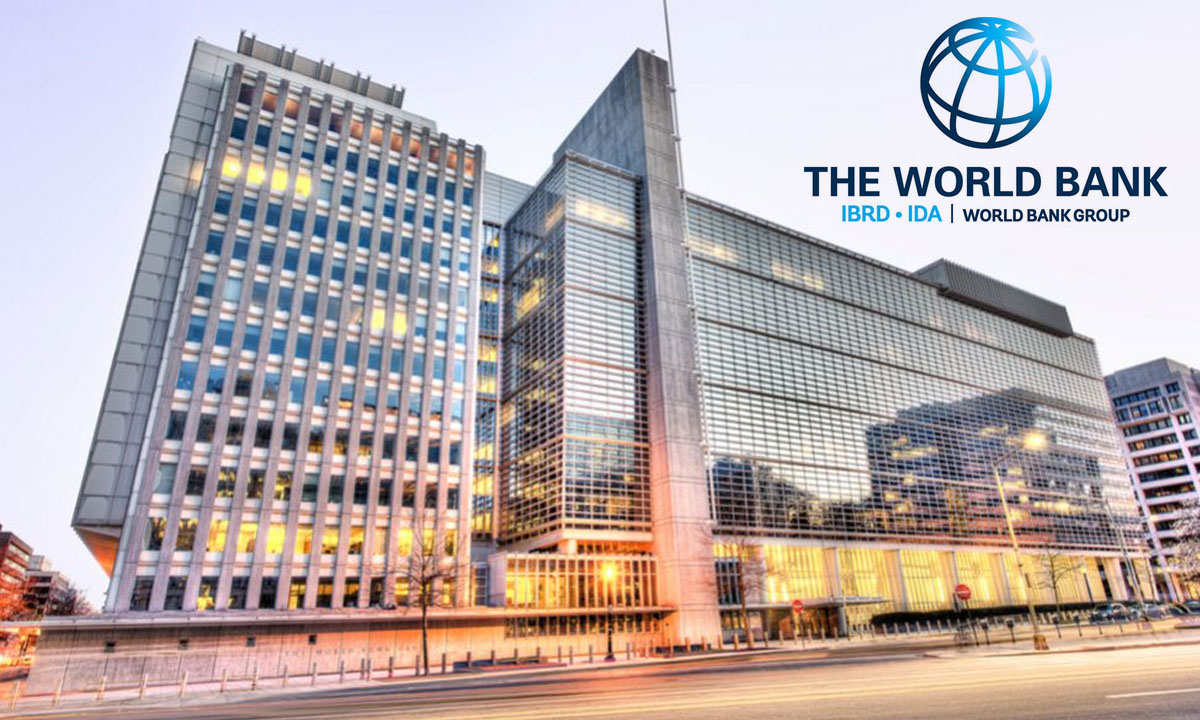World Bank Yesterday Approves $1 Billion Emergency Funds For India Amidst Coronavirus
New Delhi: The World Bank on Thursday, April 2, approved $1-billion emergency financing for India to help tackle the coronavirus outbreak. The pandemic has claimed over 55 lives in the country and infected more than 2,000 others.
Largest Ever Healthcare’s Support
The support was approved by the World Bank’s Board of Executive Directors to India’s COVID-19 Emergency Response and Health System Preparedness Project. This is the largest ever health sector support from the Bank to India.
According to the Bank sources, its first set of aid projects, amounting to $1.9 billion, will assist 25 countries. Its new operations are moving forward in over 40 nations using the fast-track process. The largest chunk of the emergency financial assistance has gone to India — $1 billion.
This new support will cover all states and Union Territories across India and address the needs of the infected people, at-risk populations, medical and emergency personnel and service providers, medical and testing facilities, and national and animal health agencies.
Bank looks to grant up to $160 bn to the Nations
According to the Bank officials, “In India, $1 billion emergency financing will support better screening, contact tracing, and laboratory diagnostics; procure personal protective equipment; and set up new isolation wards.””The project will immediately enable the Government of India (GOI) to scale-up efforts to limit human-to-human transmission, including reducing local transmission of cases and containing the epidemic from progressing further. In parallel, interventions to strengthen the health system will be rolled out to improve the country’s capacity to respond to the COVID-19 epidemic and be better prepared to respond to emerging disease outbreaks, including transmission between humans and animals,” added the Bank statement.
The Bank is now working to grant up to $160 billion over the next 15 months to support measures to tackle the pandemic which will focus on the immediate health consequences and bolster economic recovery.


